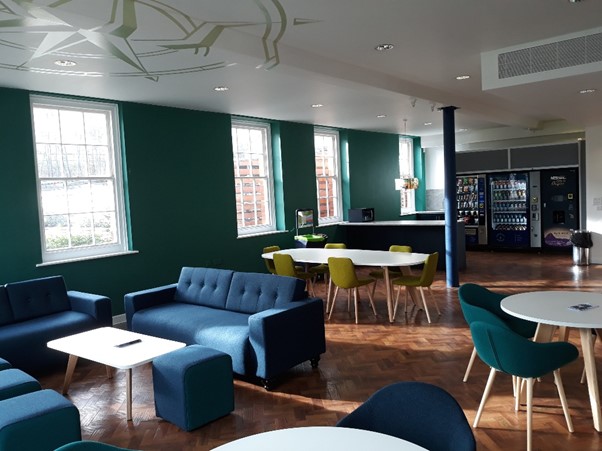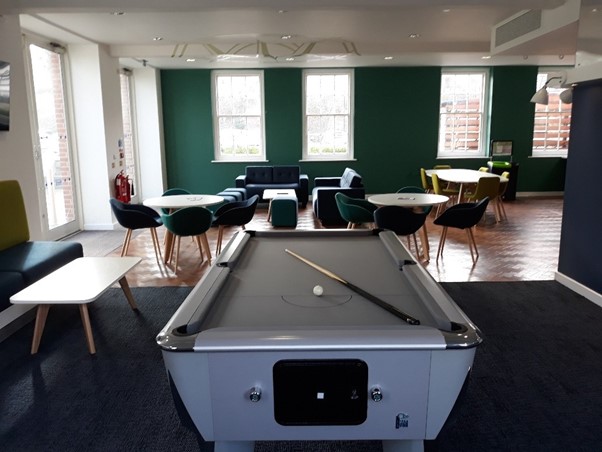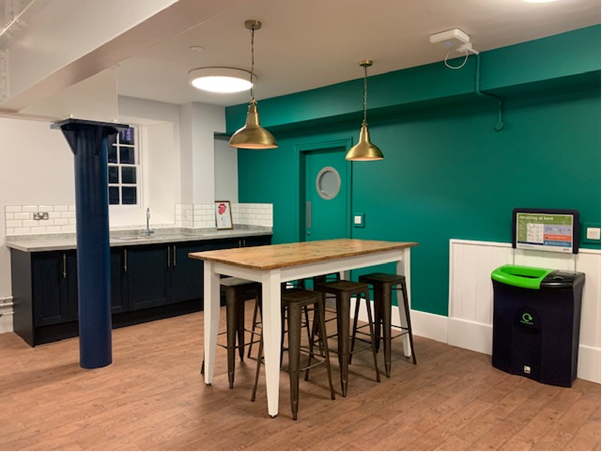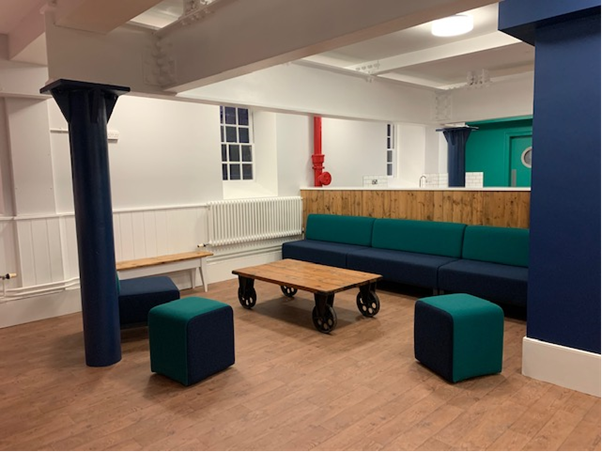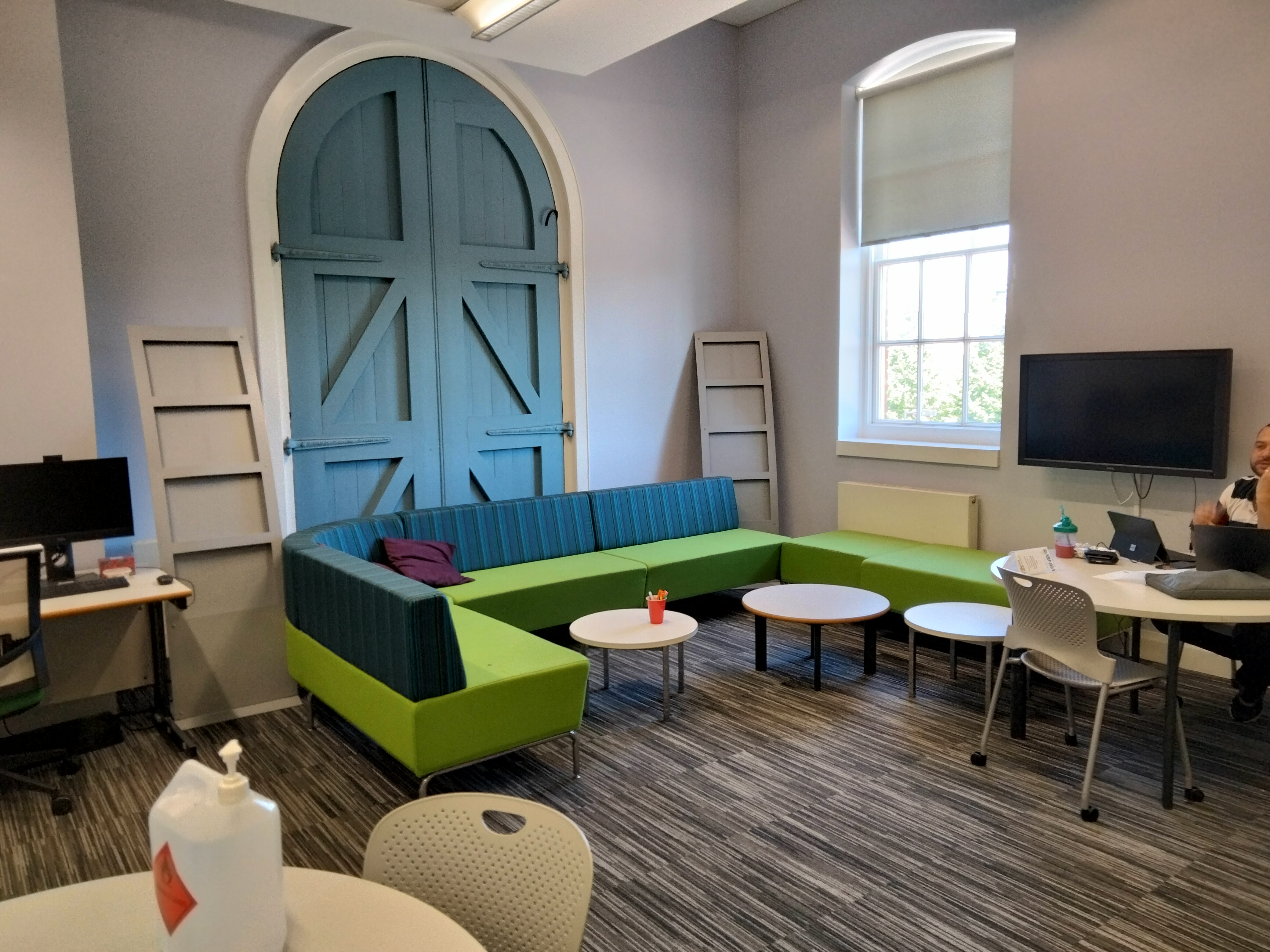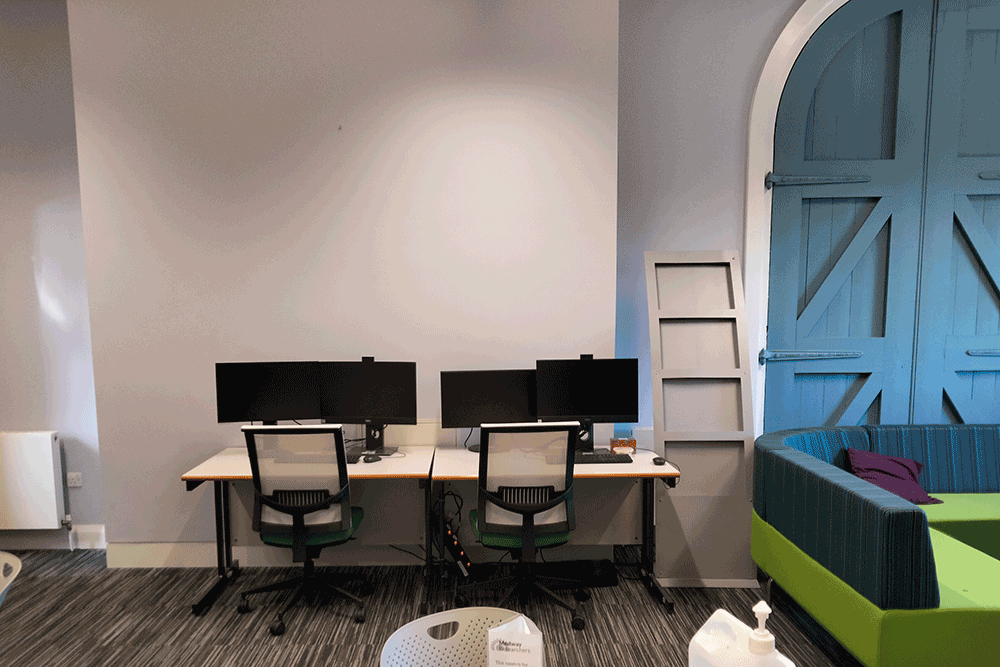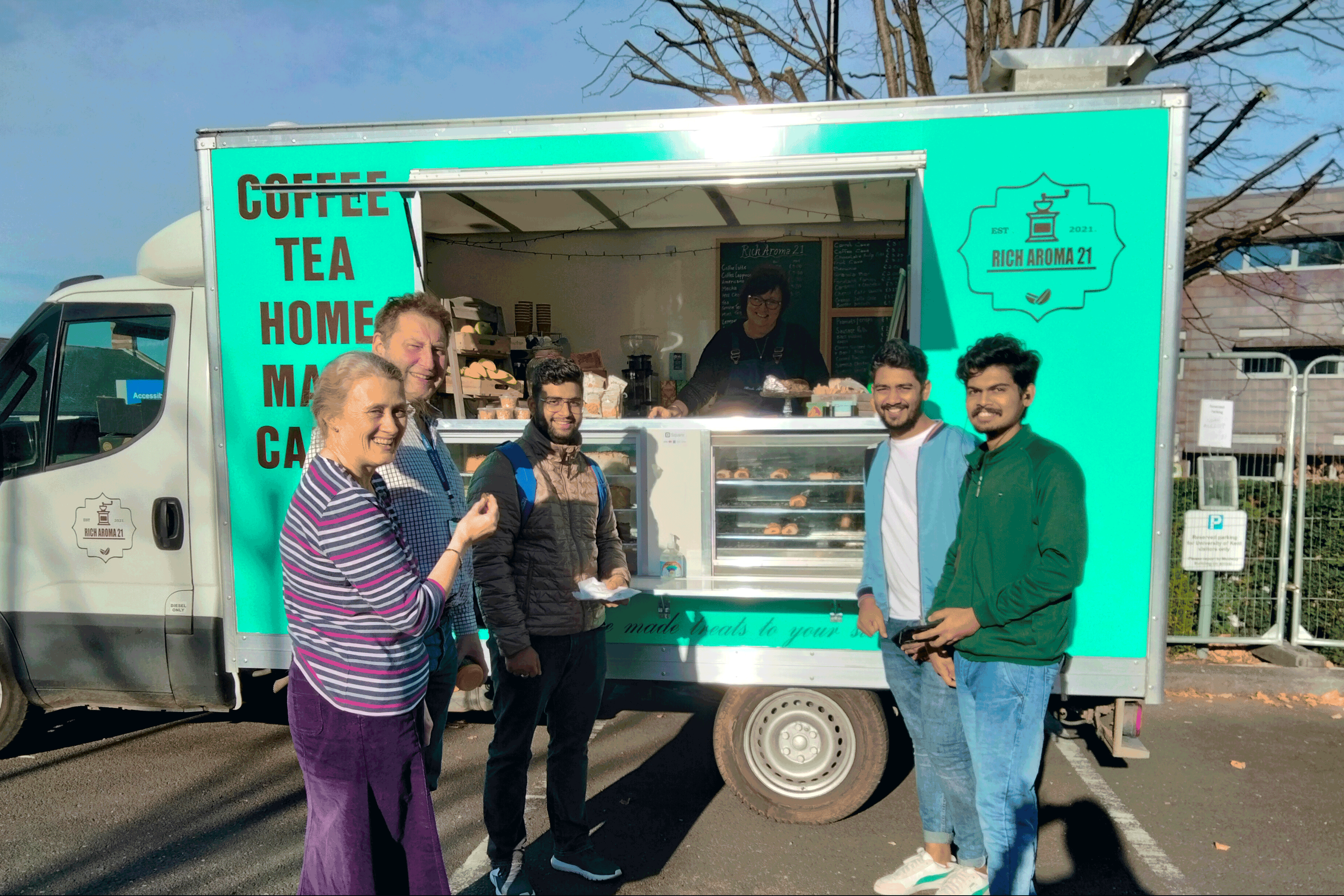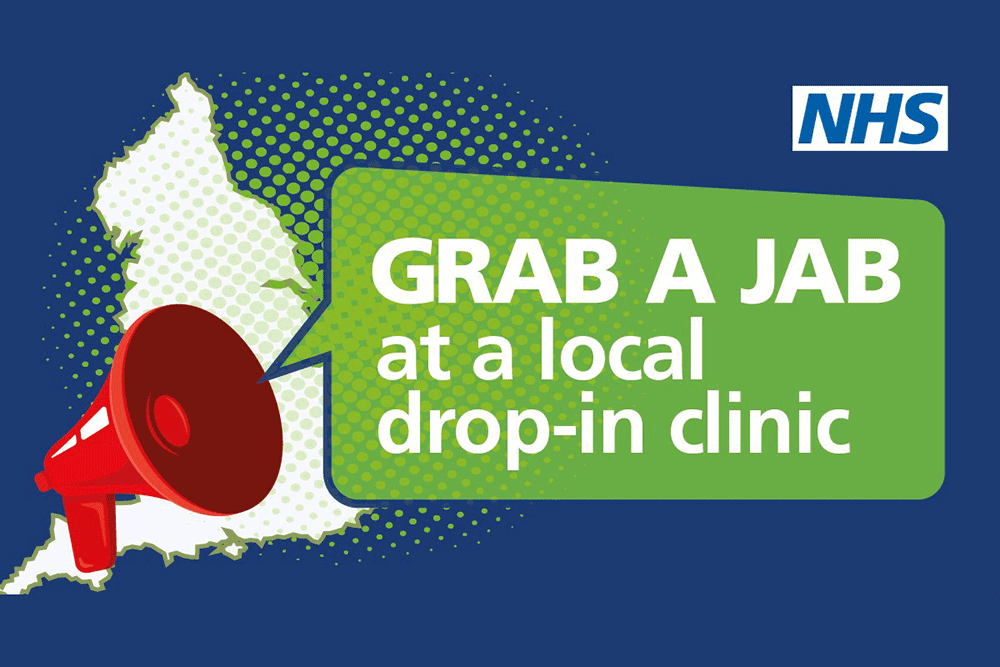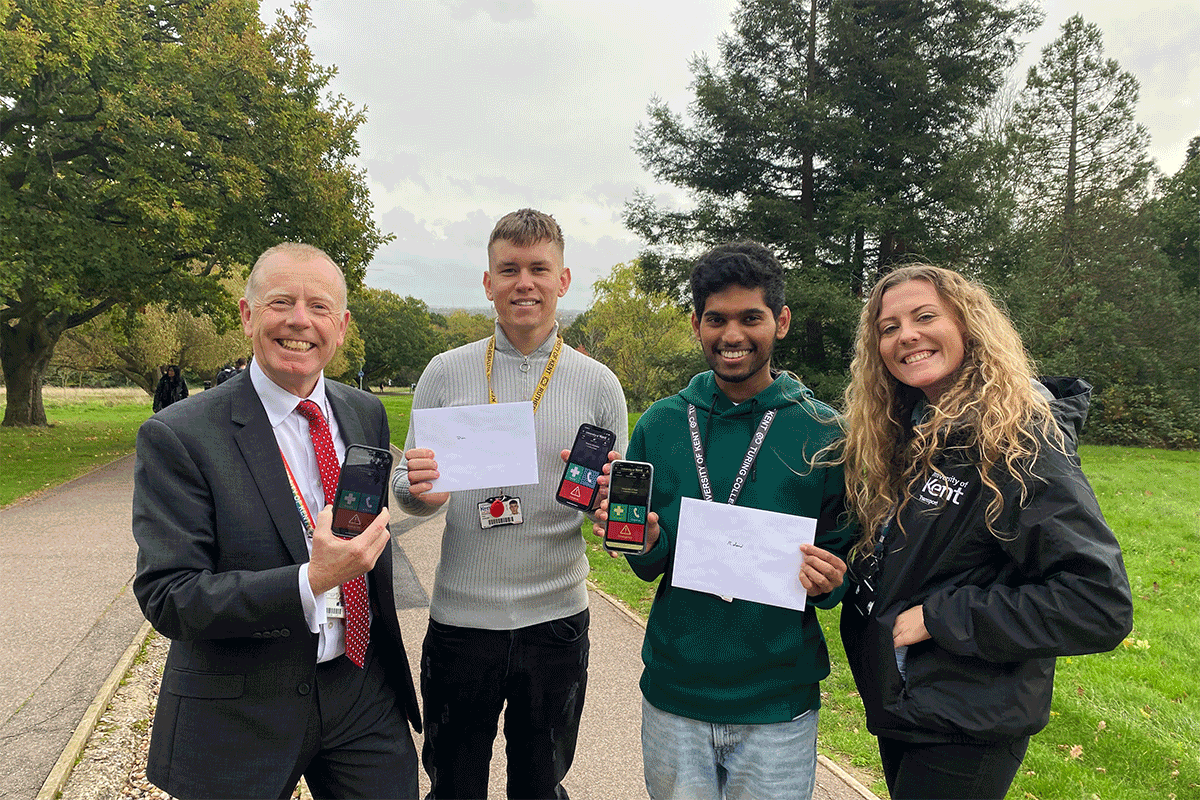Are you making the most of all the support and services on offer at our Medway campus? Here’s a quick guide of the support on offer and where to go to access it.
Medway Student Administration Team
The Medway Student Admin Team is responsible for student registration, online registration, record updating and much more. You can find them on the ground floor of Rochester Building.
Learn about all the ways the Student Admin Team can support you from council tax exemption to replacing your Kent ID card.
College and Community Life
As a Medway student you’re part of Medway College. Look out for events run by your Medway Residential Life Assistants. They can also offer you support. Learn more about College and Community Life and follow them on Instagram.
Finance
The Student Finance Team are committed to helping you understand the cost of study, how to manage your money and how to take full advantage of any financial support you are eligible for.
The team are based on the ground floor of the Medway Building and are available via email and telephone Monday to Friday 9.00-17.00.
Careers and Employability Service (CES)
There’s a wealth of information around careers on the CES webpages. You can also join career events and book an appointment with a Careers Advisor.
Find the Medway Careers Team on the ground floor of the Gillingham Building.
Student Support and Wellbeing
Student Support and Wellbeing supports students who have a disability, mental health condition, long term medical condition, autistic spectrum condition and/or specific learning difficulty, whether already diagnosed or suspected.
Our Advisers can help with Inclusive Learning Plans, study support, Disabled Students’ Allowance and counselling. They can also provide specialist support to students who have experienced sexual assault/harassment.
Medway Student Support and Wellbeing are based on the ground floor of Gillingham Building, room G0-05. You can pop in any time Monday-Friday 9.00-17.00, telephone 01634 888474, email MedwaySSW@kent.ac.uk, or complete our registration form.
Student Learning Advisory Service (SLAS)
SLAS are here to advise you academically whether you’re an undergraduate or postgraduate student. They hold bitesize (15 minute) online events on topics to help you with your studies. You can also book a 1:1 advice appointment.
Medway Chaplain
Lynne Martin, our Medway Campus Chaplain, is here to support you through your academic journey, providing a listening ear for all students of any faith or no faith.
Find Lynne in the Chaplain’s Office in Pilkington (003/004) or you can email medwaycampuschaplain@gre.ac.uk. You can also follow the Medway Campus Chaplaincy Facebook page to find out about upcoming events.
Kent Union at The Hub
With so much to think about with your studies, you may find you need help with housing questions, your finances, or academic concerns. This might feel a little overwhelming so it is important to remember that you can access The Hub’s free Advice Service for confidential and impartial advice helping you make an informed decision to keep you on track.
Drill Hall Library
Drill Hall Library offers a variety of study spaces from individual silent study booths to relaxing sofas in the group zone. You can contact the Library Team by emailing dhlhelp@medway.ac.uk or calling 01634 883878. Get the latest news from your library on Twitter, Facebook or Instagram.
Campus Security
Campus Security are on campus 24/7, 365 days a year. You can find Campus Security on the ground floor of the Medway Building next to reception. Come say hi and pick up a free personal safety alarm.
